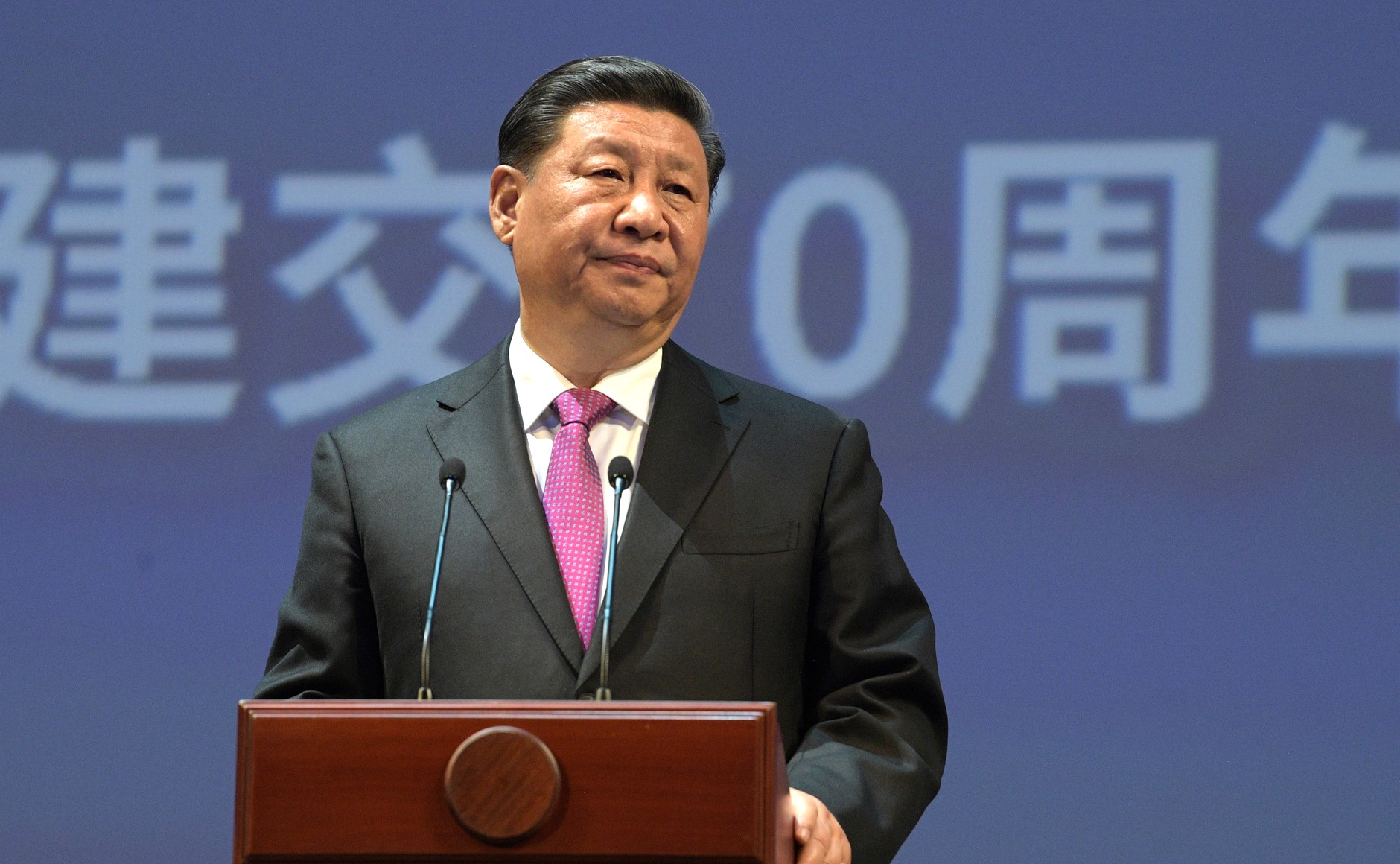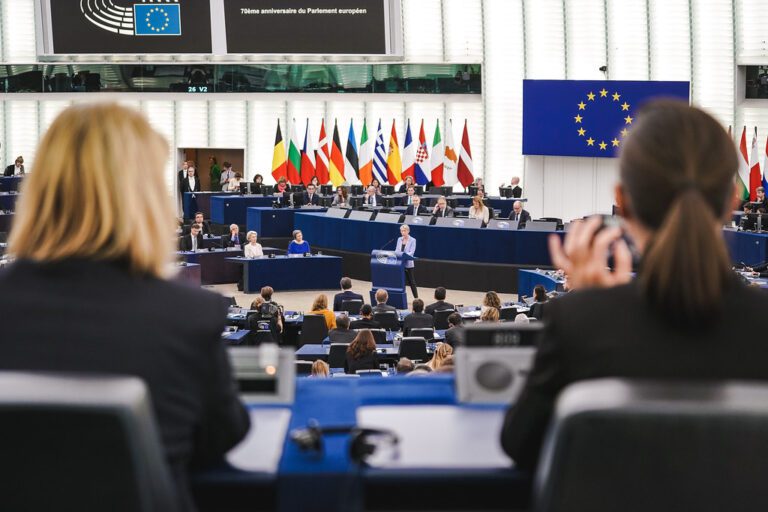
Abstract
After 1978, Maoism as a living mass ideological and social force in the People’s Republic of China largely died away. The Party state’s legitimacy since that time has been based on a new pillar of economic competence and the delivery of tangible economic gains. But China is still a place where, at least within the political elite, there is an identifiable ideology and associated language that links the aims of a political force, the Communist Party of China, with national prosperity, historic rejuvenation, and the delivery of the political goals promised when the Communist Party was founded almost a century ago – modernity in Chinese society.
Ideology has not disappeared in this interpretation. It has just become more concealed, more nuanced, and in some spaces more flexible. For Chinese contemporary leaders, ideology is partly a body of practices, beliefs, and language which have been bequeathed to them by previous leaders, and which show that they are part of the same historic movement that runs from 1921 to 1949, and through 1978 until today. This body of practices is aimed at maintaining a sustainable system of one party rule, as well as an assertion of discipline and control in the core tactical spaces of political power.
Under Xi, a group of twelve keywords maps out the discursive space that matters to the CPC today. These terms exemplify the ways in which the contemporary CPC is willing to use ideas from diverse sources, either from its own past, or from classical Chinese thinking, as a means of achieving emotional as well as intellectual impact, and to assist in the delivery of the major Party goal of the twenty-first century – the creation of a great nation with the CPC at the heart of its governance. Underlying the keywords and the ideological space they define is the larger notion of the Party, not just attending to material but also spiritual needs – and creating not just a wealthy country, but also a spiritual socialist civilization.
You can access the full text article here (pdf).
The article was orginally published at the Journal of Chinese Political Science.
Written by
Una Aleksandra Bērziņa-Čerenkova
UCerenkovaDr. Una Aleksandra Bērziņa-Čerenkova is a Research Fellow at CHOICE and Head of the Political Science PhD programme and China Studies Centre at Riga Stradins University, Head of the Asia Programme at the Latvian Institute of International Affairs, a member of CHERN and European Think-tank Network on China (ETNC).
Kerry Brown
Kerry Brown is a British academic specialising in Chinese history, international relations and politics. He was a British diplomat serving in the foreign service for from 1998 to 2005, serving in London and then between 2000 to 2003 as First Secretary at the British Embassy in Beijing, China. He is the current Director of the Lau China Institute at King's College London.


